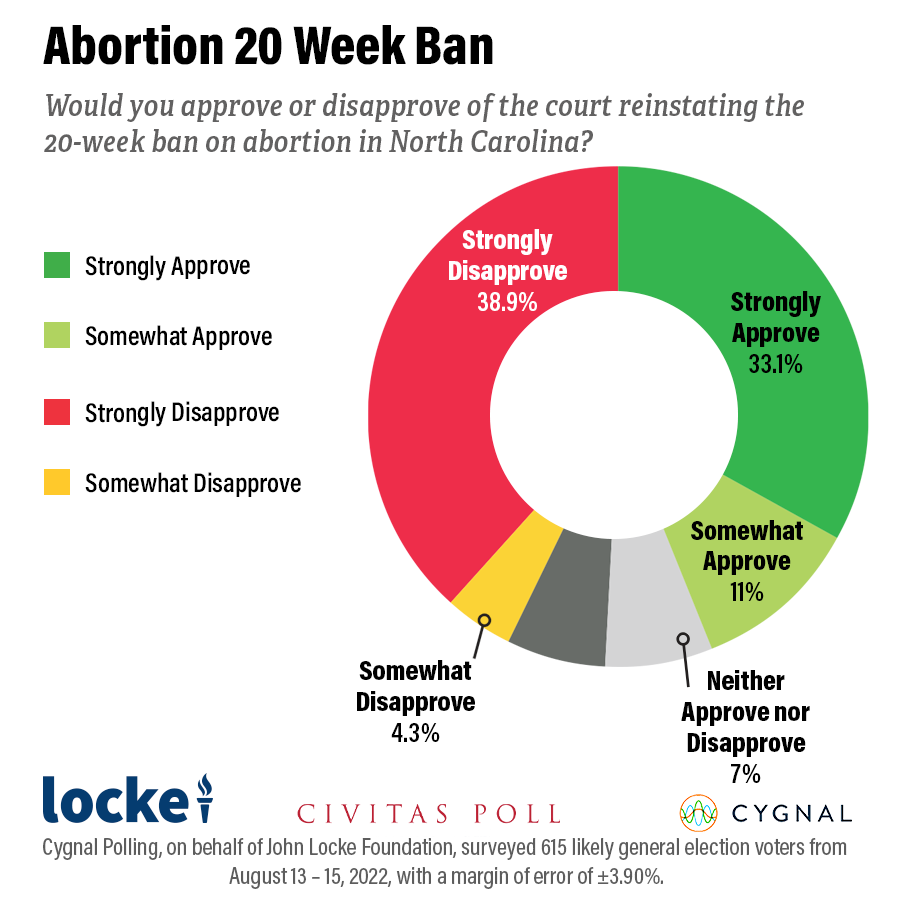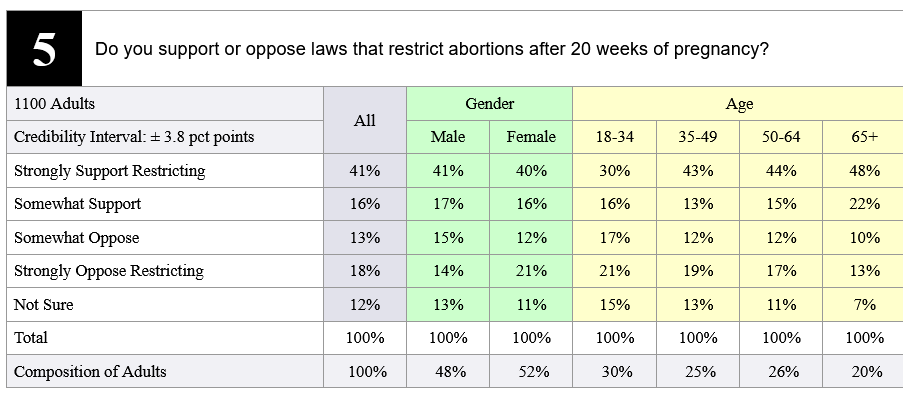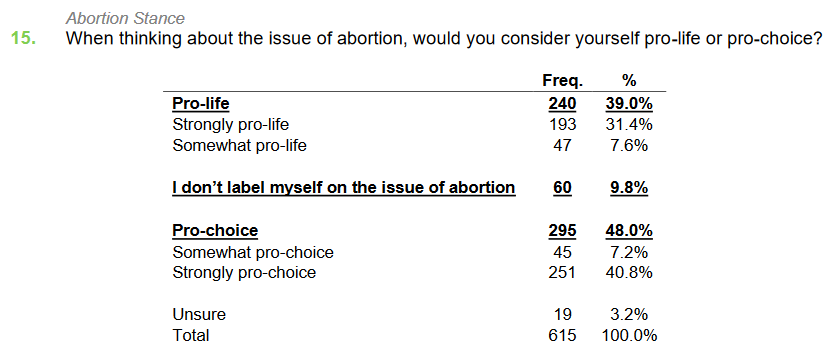An injunction on North Carolina’s 20-week abortion ban was lifted on Aug. 17, allowing the law to be reinstated, and immediately afterwards, the state’s top elected officials jumped into action with their reactions and messaging. Democrats largely denounced the decision and the loss of abortion access after 20 weeks, while Republicans saw the decision as a win for the rule of law and for preventing late-term abortions.
Republicans also denounced Attorney General Josh Stein for his unwillingness to defend the state’s abortion law during the court proceedings because of his personal views on the matter.
The office of N.C. Senate Leader Phil Berger, R-Rockingham, blasted Stein in a press release after Osteen’s decision, saying that “Despite recusing himself from the case, Stein continued to be the face of his office’s lackluster efforts to defend it. He used his recusal as an excuse to fundraise and campaign on the issue, including holding a press conference at the Department of Justice where he called on North Carolinians to vote for candidates that would block regulating abortions.”
In N.C. House Speaker Tim Moore’s press release, he also hit Stein over his refusal to stand up for the state’s law, saying, “I am encouraged that, although our attorney general has failed to do his duty, today we have a ruling that upholds the law.”
Stein took to Twitter after the decision to again encourage voters to elect pro-abortion legislators and made clear to women that they can still have abortions up to 20 weeks for “whatever reason they determine they need to.”
Democrat Gov. Roy Cooper also reacted on Twitter to the decision:
Just as Democrats painted the law and the Republican position on regulating abortion as extreme, Republicans were also quick to portray Democrats’ views on abortion as outside the mainstream.
“Democrats’ position on abortion can only be characterized as extreme,” Berger said in his release. “Attorney General Stein’s political grandstanding has made one thing clear: He and his party want to allow abortion up to the moment of birth. That’s barbaric and out of touch with North Carolinians.”
Multiple recent polls seem to vindicate Republicans’ view that North Carolinians want to regulate the timing and reasons for abortions rather than allowing it at any point in the pregnancy and for any reason.
In a Civitas Institute poll of likely N.C. voters, released Aug. 18 by the John Locke Foundation, 44% said they were for bringing back the 20-week ban, while 42.6% said they were opposed.

The poll showed that 29.8% believed that abortion should always be legal with no restrictions. Another 21.2% believed that there should be some restrictions, including to prevent late-term abortions. The largest group, at 34.9%, said abortion should be illegal but with exceptions for the life of the mother, rape, and incest. And another 7.1% said it should be illegal with no exceptions.
One August poll by progressive group Carolina Forward showed that only 28% of North Carolinians wanted to make abortion available past the current 20-week ban. Another 27% felt the 20-week law was “about right,” and 37% wanted laws to be even stricter. This means at least 64% of voters in the state were opposed to the no-limits approach advocated for by many Democrats.
A WRAL/Survey USA poll taken earlier in the summer, just before the Dobbs decision, found similar sentiments among N.C. voters, with 57% supporting restrictions after 20 weeks and 31% opposing. The largest group, at 41%, strongly supported restricting these later abortions.

Other results in abortion polling, though, appear more favorable to Democrats. For example, the same WRAL/SurveyUSA poll found that 45% were opposed to overturning Roe v. Wade, while 30% thought it should be overturned.
Also, in the Civitas poll, 48% of respondents said they thought of themselves as pro-choice, while 39% thought of themselves as pro-life.

With abortion law now in the hands of the states, and the status quo being a 20-week ban with exceptions for the life of the mother, both parties will have to decide whether, and to what degree, they will campaign on changing this law. Polling suggests there may be more public support for tightening than loosening abortion laws.
But considering many of those in favor of limiting abortion also consider themselves pro-choice and were against overturning Roe, the political landscape on the topic will likely remain murky.
In the decision itself, Judge Osteen cited the Dobbs decision as they key reason for reversing his earlier injunction on the law.
“This court will vacate its injunction because it was based on Supreme Court precedent that has since been reversed,” the decision by Osteen read. Osteen also said that if Planned Parenthood and other plaintiffs continue to provide abortions under the former injunction, “then those providers are acting contrary to North Carolina law. Neither this court, nor the public, nor counsel, nor providers have the right to ignore the rule of law as determined by the Supreme Court.”